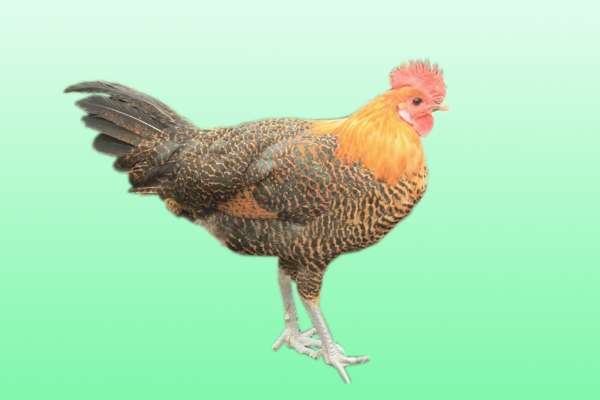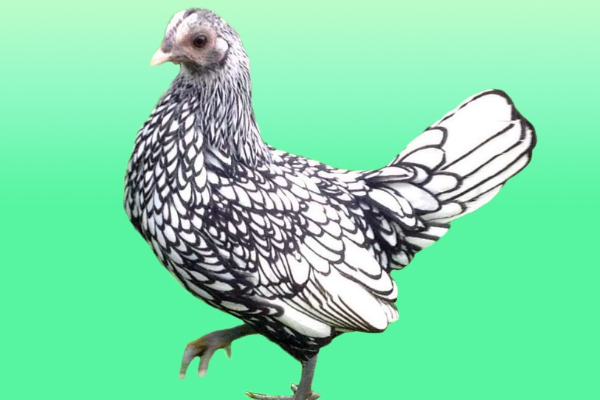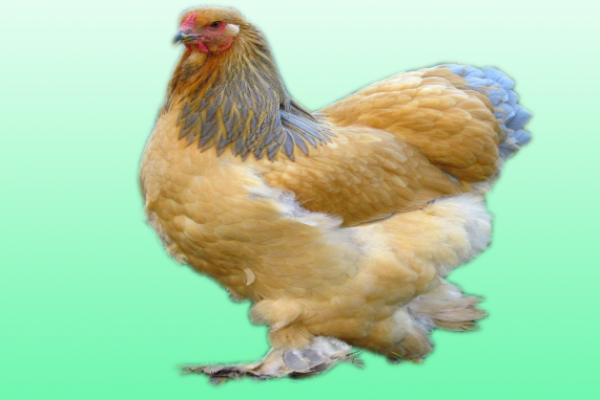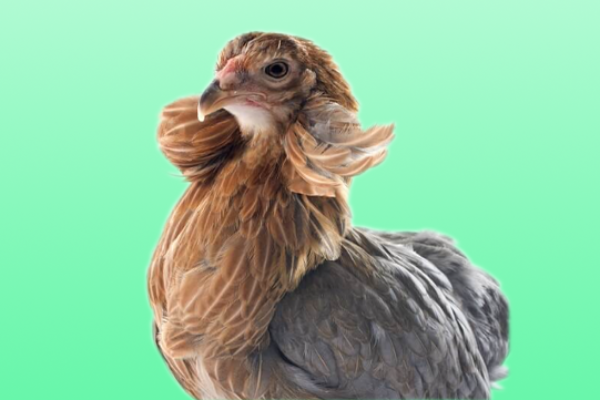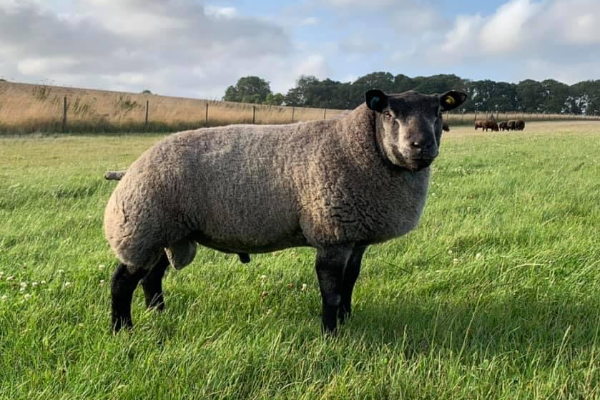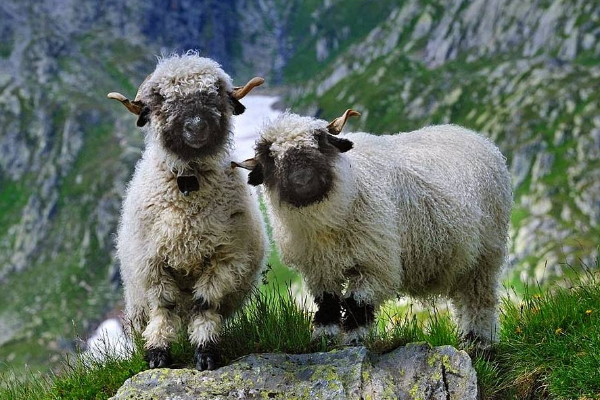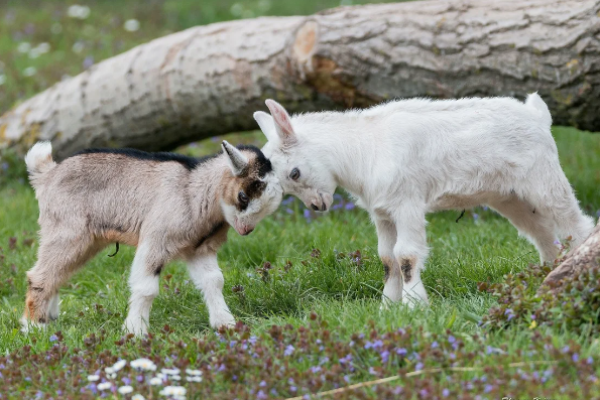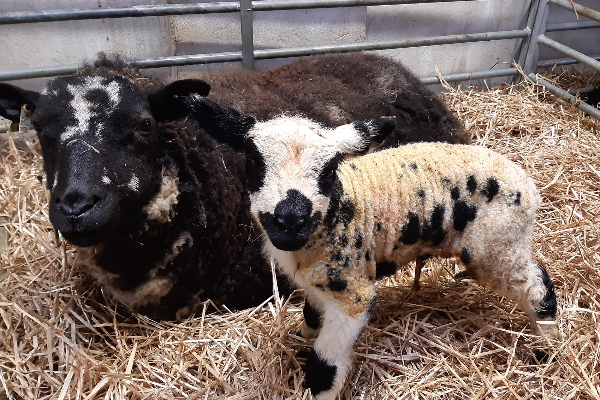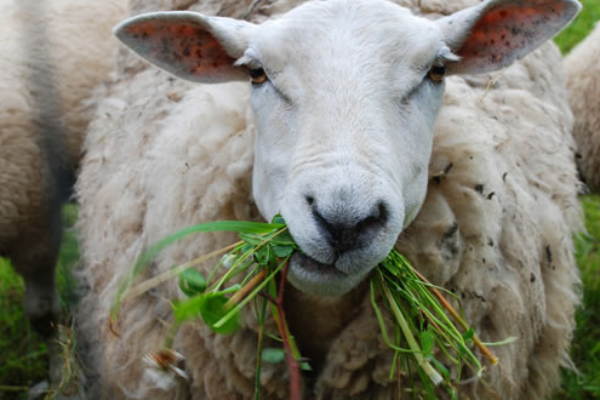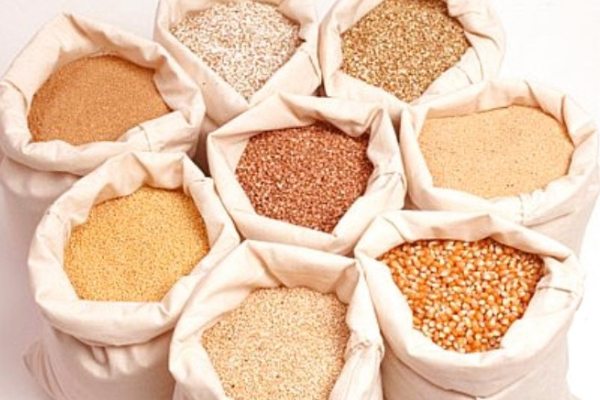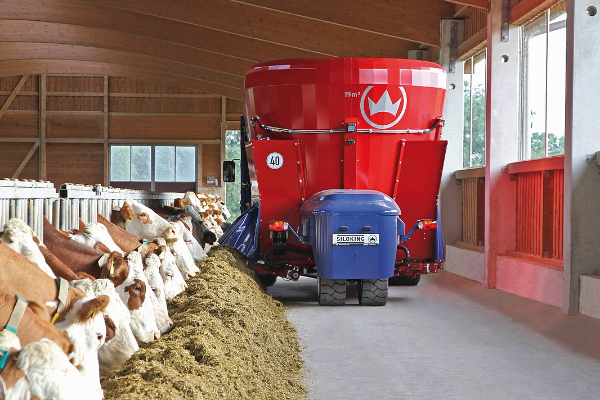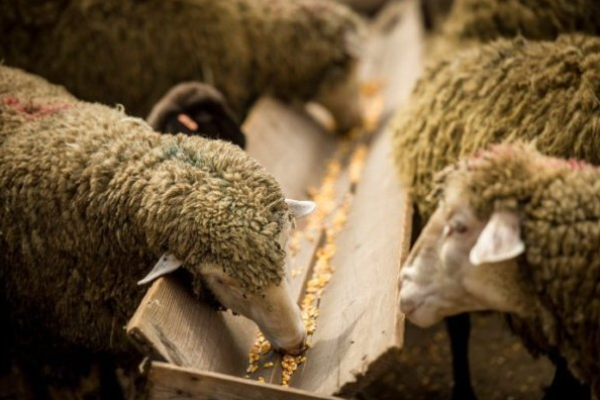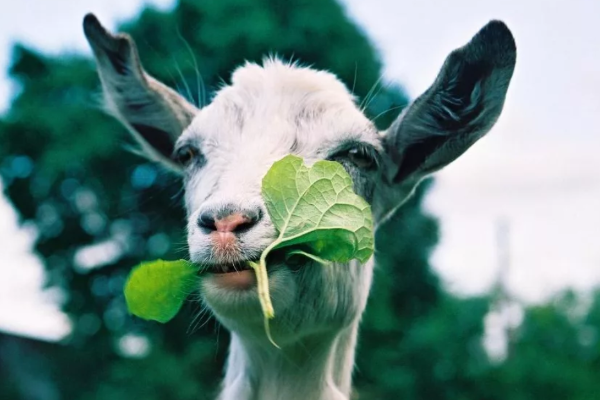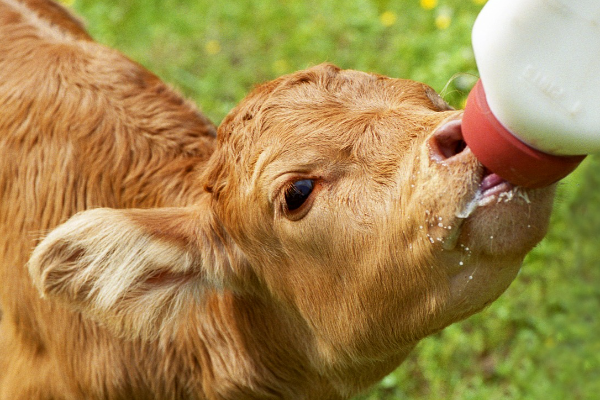Pasteurellosis
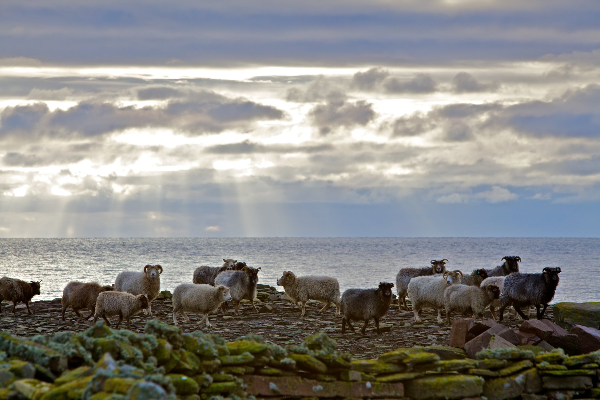
Pasteurellosis is the term used to describe a number of disease forms caused by two related bacteria:
Mannheimia haemolytica, which causes pneumonia in all ages and septicaemia in young lambs. Bibersteinia trehalosi, which causes severe systemic infections and sudden death in older lambs. Both types of bacteria are found in the nose and tonsils of normal, healthy sheep.
Pasteurellosis affects all ages of sheep and causes significant losses to the sheep industry. Disease is often very acute, with animals found dead.
EARLY SIGNS AND IDENTIFICATION
Pasteurellosis is often triggered by stress, which may be increased by:
Management activities (dipping, castration, clipping, dosing for worms, gathering in warm weather)
Transportation
Climate (warm, still weather and cold, wet, windy weather)
Diet change
Other infectious disease (viruses, tick-borne fever, other bacteria) M. haemolytica causes acute pneumonia in all ages, from about two months onwards, occurring either as flock outbreaks or as sporadic cases. Signs of acute cases include:
High temperature
Death
Depression
Laboured breathing In very young lambs, M. haemolytica causes a septicaemia and they are usually found dead. B. trehalosi causes severe systemic disease, most commonly seen in hoggs and store lambs from September to December. Typically, a number of sudden deaths occur over a few days following transportation and/or a change of diet.
Managing the flock to reduce all the trigger factors outlined above is crucial to prevention and control. This includes providing plenty of forage to buffer any diet change. Vaccination is effective in reducing losses against both types of pasteurellosis. A primary course of two doses is needed to stimulate immunity. Booster doses should then be given prior to periods of high risk.
There are combined vaccines that protect against clostridial diseases and pasteurellosis. While lambs born to vaccinated ewes are protected against clostridial diseases for a couple of months, they are only protected against pasteurella for a couple of weeks. Producers concerned about pasteurellosis in lambs should give them a full course (two doses) from three weeks old. It may be necessary to give a third dose before the autumn.
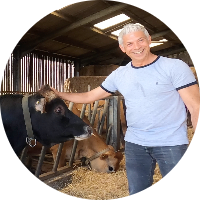
Written by
H Cetin KATIRCI
Online ShepherdBreedsMore
IllnessesMore
Forage cropsMore
![]() Патологическая физиология голодания Arina TARAN
Патологическая физиология голодания Arina TARAN![]() Дефицит фосфора (гипофосфатемия) Hipofosfatemi Arina TARAN
Дефицит фосфора (гипофосфатемия) Hipofosfatemi Arina TARAN![]() Какие бывают кормораздатчики для ферм КРС? Irina Makarova
Какие бывают кормораздатчики для ферм КРС? Irina Makarova![]() Кормушки для овец Diana Myakisheva
Кормушки для овец Diana Myakisheva![]() Питание домашних коз: что едят, виды корма и правила кормления Alina Arslantürk
Питание домашних коз: что едят, виды корма и правила кормления Alina Arslantürk![]() Важность минералов питании сельскохозяйственных животных Irina Makarova
Важность минералов питании сельскохозяйственных животных Irina Makarova



